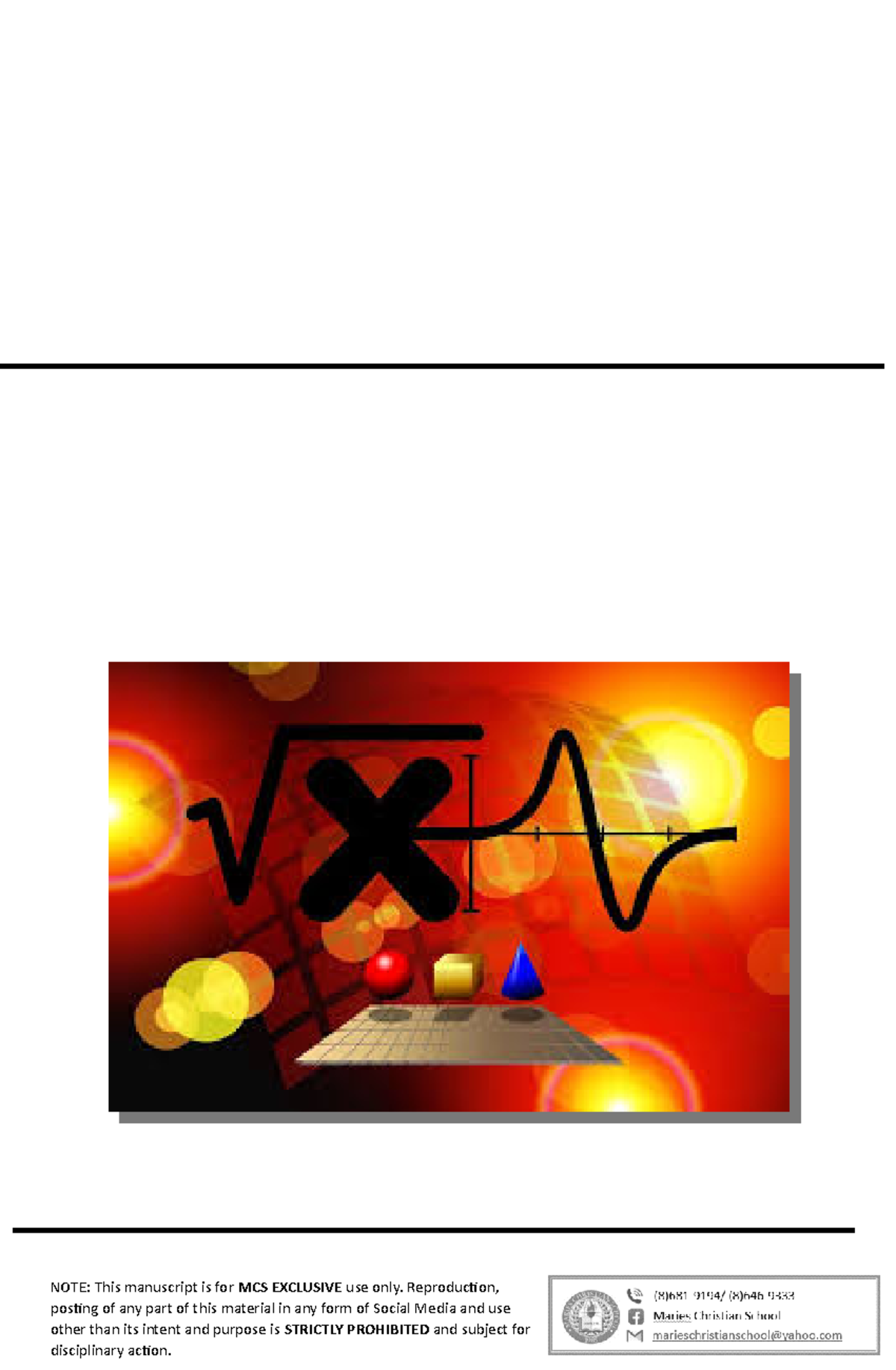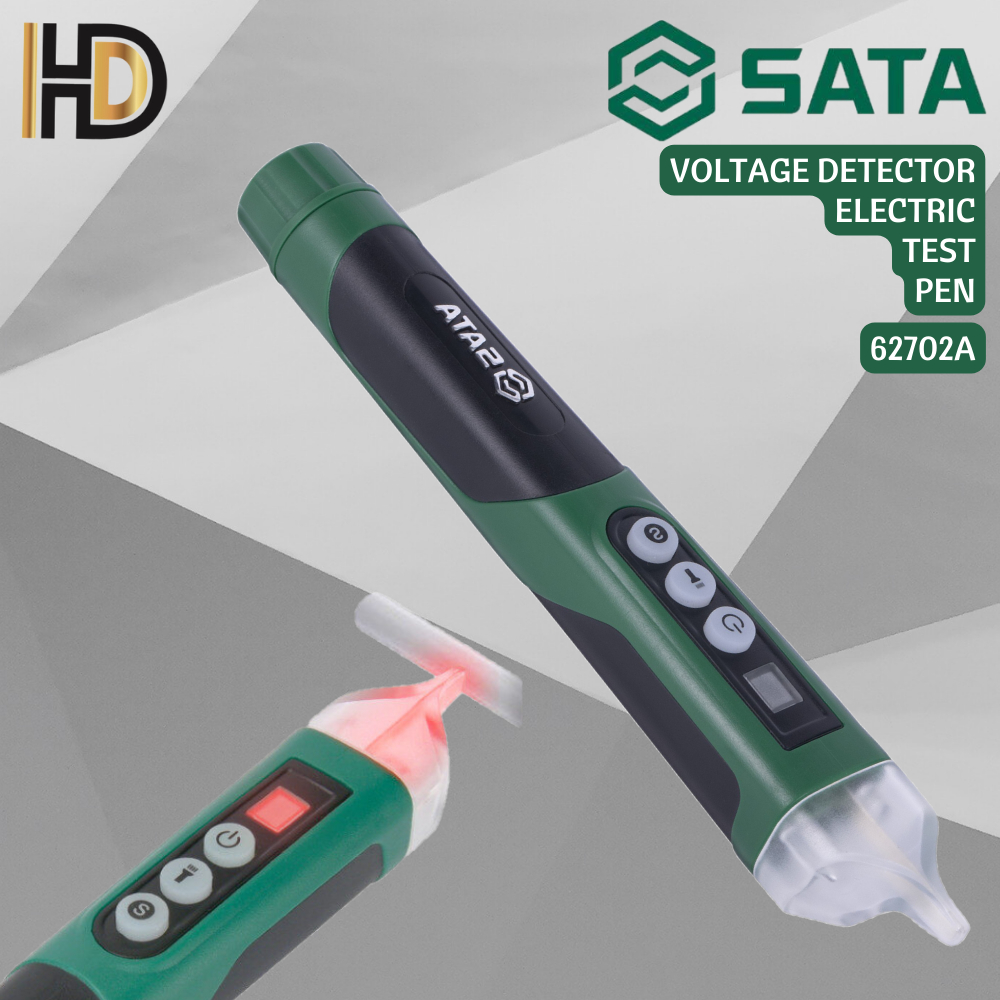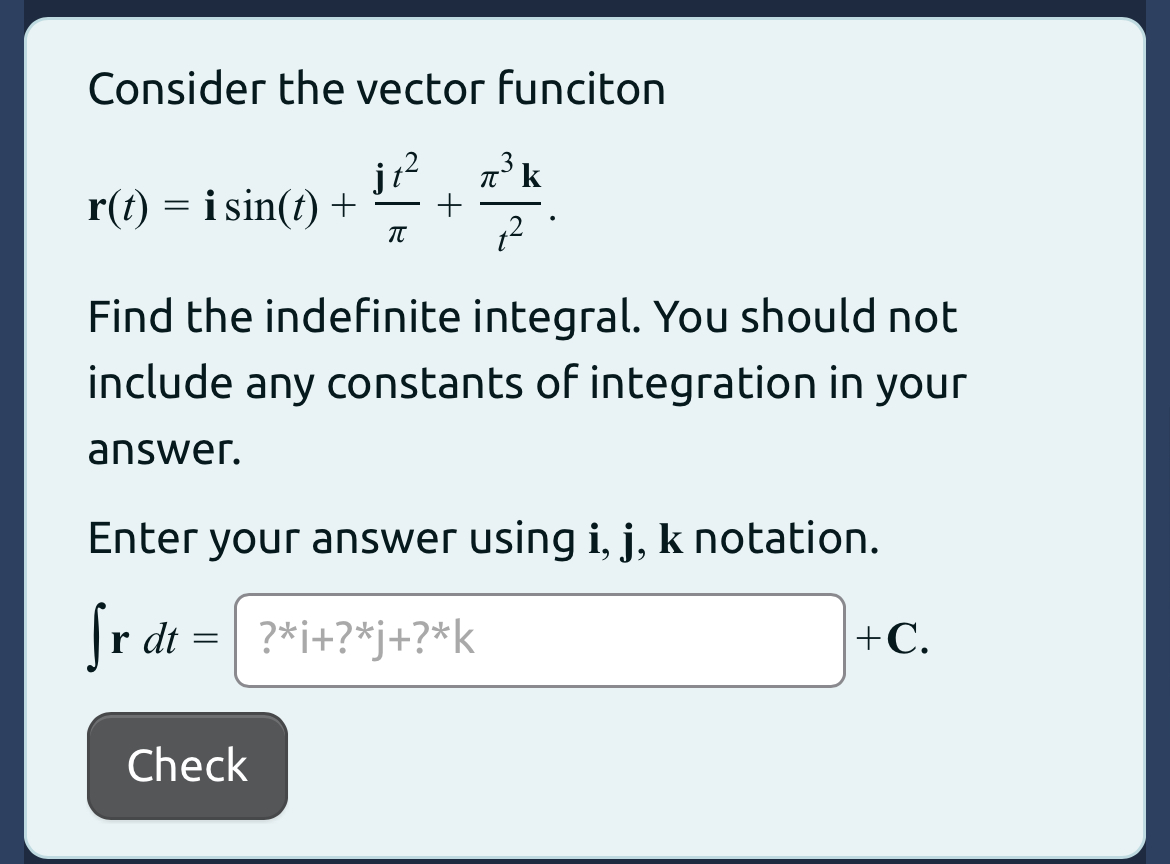Mask Funciton In R
Mask Funciton In R - This page is now located at ?rlang::args_data_masking. Create a new spatraster that has the same values as spatraster x, except for the cells that are na (or other maskvalue) in. The mask function is a powerful tool for data manipulation and analysis in r. It allows you to selectively extract, modify, or filter data based. Mask(x,.) mask(x, mask, levels = null, rval = c(im3d,. Developed by hadley wickham, romain françois, lionel henry, kirill. Checkmethodmasking(dplyr) ## the following methods are masked from 'package:dplyr': In this topic we'll review and. Mask an object, typically to produce a copy with some values zeroed out. Create a new raster* object that has the same values as x , except for the cells that are na (or other maskvalue ) in a 'mask'.
Create a new raster* object that has the same values as x , except for the cells that are na (or other maskvalue ) in a 'mask'. Create a new spatraster that has the same values as spatraster x, except for the cells that are na (or other maskvalue) in. Mask an object, typically to produce a copy with some values zeroed out. Checkmethodmasking(dplyr) ## the following methods are masked from 'package:dplyr': The mask function is a powerful tool for data manipulation and analysis in r. Perhaps there is a function like this: Developed by hadley wickham, romain françois, lionel henry, kirill. In this topic we'll review and. Mask(x,.) mask(x, mask, levels = null, rval = c(im3d,. It allows you to selectively extract, modify, or filter data based.
Perhaps there is a function like this: If x is a spatraster: Mask(x,.) mask(x, mask, levels = null, rval = c(im3d,. It allows you to selectively extract, modify, or filter data based. The mask function is a powerful tool for data manipulation and analysis in r. Create a new spatraster that has the same values as spatraster x, except for the cells that are na (or other maskvalue) in. This page is now located at ?rlang::args_data_masking. In this topic we'll review and. Create a new raster* object that has the same values as x , except for the cells that are na (or other maskvalue ) in a 'mask'. Developed by hadley wickham, romain françois, lionel henry, kirill.
Use a graphing calculator to graph the funciton. Determine t Quizlet
Create a new raster* object that has the same values as x , except for the cells that are na (or other maskvalue ) in a 'mask'. Mask(x,.) mask(x, mask, levels = null, rval = c(im3d,. This page is now located at ?rlang::args_data_masking. Mask an object, typically to produce a copy with some values zeroed out. Checkmethodmasking(dplyr) ## the following.
N95 Mask PNG Image, Original N95 Cartoon Mask, Mask, N95, Original Mask
Create a new spatraster that has the same values as spatraster x, except for the cells that are na (or other maskvalue) in. In this topic we'll review and. Mask an object, typically to produce a copy with some values zeroed out. Developed by hadley wickham, romain françois, lionel henry, kirill. The mask function is a powerful tool for data.
Solved Consider the vector
Create a new raster* object that has the same values as x , except for the cells that are na (or other maskvalue ) in a 'mask'. Create a new spatraster that has the same values as spatraster x, except for the cells that are na (or other maskvalue) in. If x is a spatraster: It allows you to selectively.
Crazy behavior of nice looking funciton. normal scale vs xaxis *10^7
The mask function is a powerful tool for data manipulation and analysis in r. Mask an object, typically to produce a copy with some values zeroed out. Developed by hadley wickham, romain françois, lionel henry, kirill. Create a new spatraster that has the same values as spatraster x, except for the cells that are na (or other maskvalue) in. Create.
Genmath relation and funciton NOTE This manuscript is for MCS
Create a new raster* object that has the same values as x , except for the cells that are na (or other maskvalue ) in a 'mask'. Developed by hadley wickham, romain françois, lionel henry, kirill. Mask(x,.) mask(x, mask, levels = null, rval = c(im3d,. Create a new spatraster that has the same values as spatraster x, except for the.
Use a graphing calculator to graph the funciton. Determine t Quizlet
Mask(x,.) mask(x, mask, levels = null, rval = c(im3d,. Perhaps there is a function like this: Mask an object, typically to produce a copy with some values zeroed out. Create a new raster* object that has the same values as x , except for the cells that are na (or other maskvalue ) in a 'mask'. This page is now.
Smile Mask Symbol, Icon, Face, Mask PNG Transparent Image and Clipart
The mask function is a powerful tool for data manipulation and analysis in r. Mask an object, typically to produce a copy with some values zeroed out. This page is now located at ?rlang::args_data_masking. If x is a spatraster: Perhaps there is a function like this:
Sata 62702A HighPrecision Noncontact Voltage Detector With LED
Mask(x,.) mask(x, mask, levels = null, rval = c(im3d,. If x is a spatraster: In this topic we'll review and. Developed by hadley wickham, romain françois, lionel henry, kirill. Checkmethodmasking(dplyr) ## the following methods are masked from 'package:dplyr':
Solved Consider the vector
Mask(x,.) mask(x, mask, levels = null, rval = c(im3d,. Perhaps there is a function like this: It allows you to selectively extract, modify, or filter data based. Create a new spatraster that has the same values as spatraster x, except for the cells that are na (or other maskvalue) in. Mask an object, typically to produce a copy with some.
Seduction Mask Brush
It allows you to selectively extract, modify, or filter data based. Perhaps there is a function like this: Mask(x,.) mask(x, mask, levels = null, rval = c(im3d,. This page is now located at ?rlang::args_data_masking. Create a new spatraster that has the same values as spatraster x, except for the cells that are na (or other maskvalue) in.
Mask(X,.) Mask(X, Mask, Levels = Null, Rval = C(Im3D,.
Create a new spatraster that has the same values as spatraster x, except for the cells that are na (or other maskvalue) in. It allows you to selectively extract, modify, or filter data based. This page is now located at ?rlang::args_data_masking. In this topic we'll review and.
If X Is A Spatraster:
Perhaps there is a function like this: Mask an object, typically to produce a copy with some values zeroed out. The mask function is a powerful tool for data manipulation and analysis in r. Create a new raster* object that has the same values as x , except for the cells that are na (or other maskvalue ) in a 'mask'.
Checkmethodmasking(Dplyr) ## The Following Methods Are Masked From 'Package:dplyr':
Developed by hadley wickham, romain françois, lionel henry, kirill.









